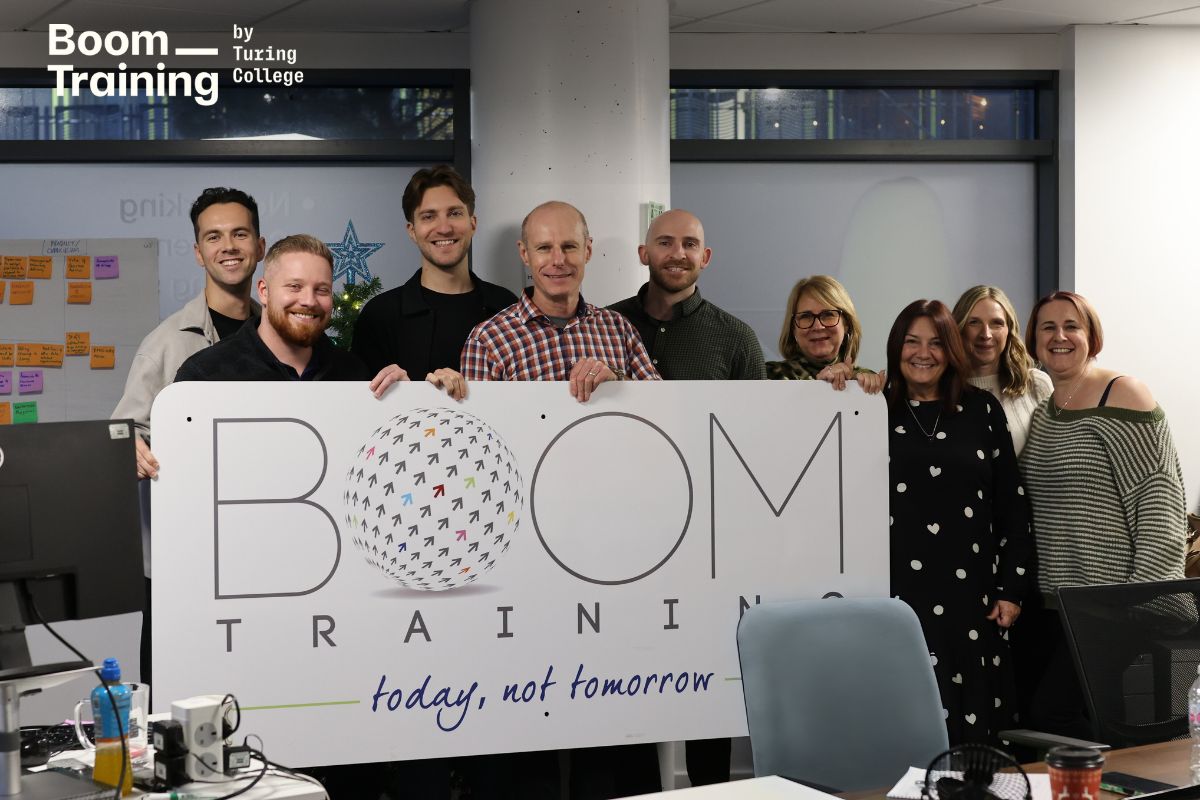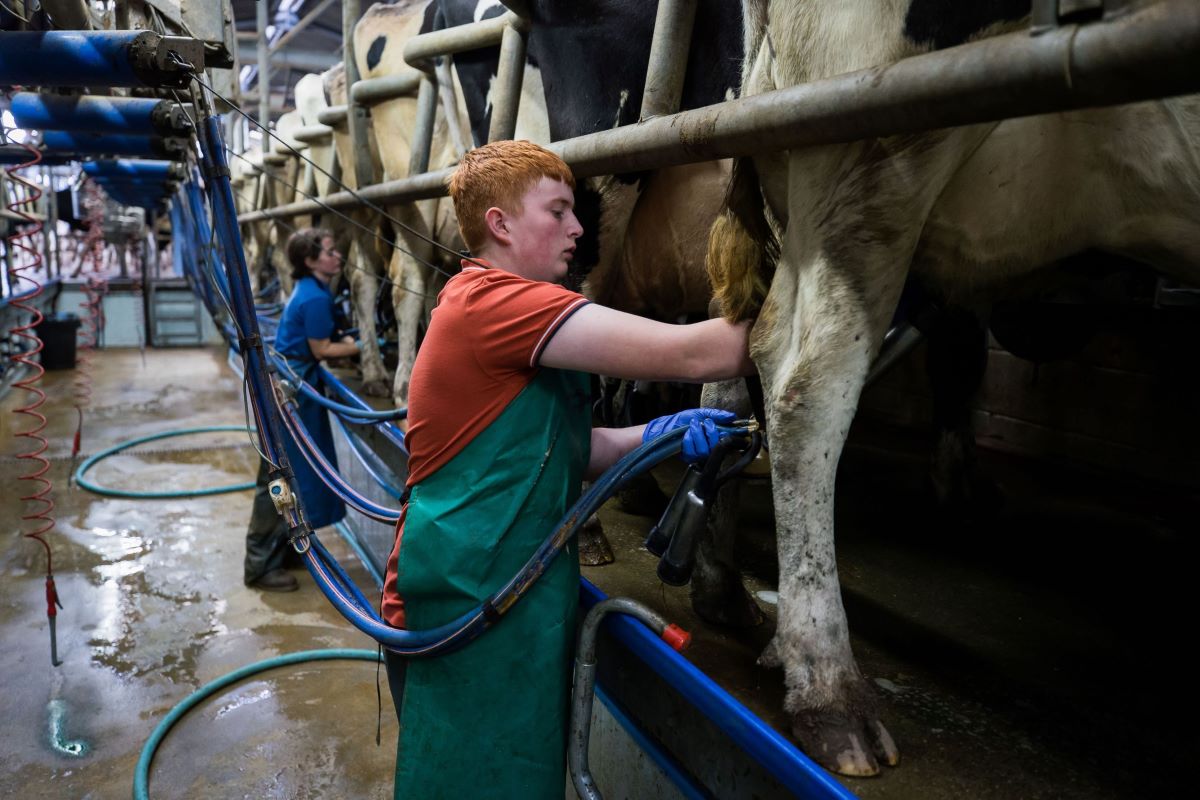Parental knowledge of cybersecurity jobs holding young people back from lucrative career paths

The majority of UK parents are in the dark when it comes to advising their children on a career in cybersecurity, research from global cybersecurity training provider, SANS Institute, shows.
The findings reveal that 63% of parents in the UK would either not be able to answer questions on how to get a job in the cybersecurity industry or just didn’t know if they would be able to; 61% report they are not very aware or not aware at all of any career opportunities.
This contributes to the wider industry issue within the UK of the ever-increasing skills gap in technology and cybersecurity. With the industry crying out for new blood and professionals to address the 51% of UK businesses and charities that have a basic cybersecurity skills gap, educating and incentivising school children to take up a career in cybersecurity is crucial to the survival of the industry and, even more critically, the security of the nation online.
“These findings should be seen as a wakeup call to the cyber security industry that it needs to do more to promote itself,” said James Lyne, CTO SANS Institute.
“We need to ensure that the 72% of parents who haven’t considered a career in cybersecurity for their children become aware of both the economic rewards and the job satisfaction offered by our industry. The only people who can really spread that message are those working in the industry already – it’s another way to help close the skills gap we are currently suffering.”
Although 27% of parents indicated that IT remains within their top five career choices for their eldest child, there is a lack of awareness of where students learn about cybersecurity, with 69% of parents assuming cyber is taught in some form at school. In addition, 87% of UK parents indicated that they would like their children to learn about cybersecurity more generally as part of their curriculum, and through extra-curricular activities.
“The fact is that as a computer science teacher, I have struggled to enrol students into my classes, regardless of background and academic ability, in particular girls,” added Nazleen Rao, Head of IT and Computer Science, Skinner’s Academy, a London school heavily involved in the Cyber Discovery programme.
“Parents still have a strong influence over their children’s learning choices, but they don’t always know what doors computer science can open up for them. Each year I speak to parents during parents evening, a number of whom will often express a shared view that learning about technology is extremely important (some are even surprised that this is no longer a compulsory subject) especially in this digital age. But they equally express concerns about all the information their kids are sharing and how safe they are.”
Rao continued “Although 91% of parents have heard of cybersecurity according to the SANS research, there is still a gap in the knowledge of how the industry actually works. Extra-curricular programmes such as Cyber Discovery have given a new and exciting teaching element to my lessons for students who are interested, but it’s important students also receive encouragement at home to pursue this avenue. So how can we as educators help? Perhaps more industry-wide involvement with schools could be the answer.
“Cyber Discovery has given my students a fantastic stepping stone, clearing some of the myths surrounding the reality of cyber-attacks and the forms that these can be presented in, therefore teaching our students the theoretical aspects of cyber security in the best interactive way that I have seen so far. But now we need to plug to the missing link. Collaboration with cyber security companies and cyber security experts working in all industries would not only highlight how measures are implemented but also expose our students (and parents) to the range of companies and roles within the cyber security sector.”
In this same research, 46% of UK students polled indicated that they had heard of cybersecurity from their parents, showing a strong case for the education of parents, as well as children, for the benefit of industry.
In 2018, Vanson Bourne undertook research on behalf of the SANS Institute, questioning 4000 students aged 14-18 across EMEA. Countries surveyed include the UK, France, Germany, the Netherlands, Belgium, the UAE and Saudi Arabia. Out of the total sample base of 4000 students, 1000 respondents were based in the UK, with the other countries in the survey providing 500 student respondents respectively.
As a part of this research, 1000 UK parents were also questioned on similar topics to the students across EMEA previously mentioned.











Responses